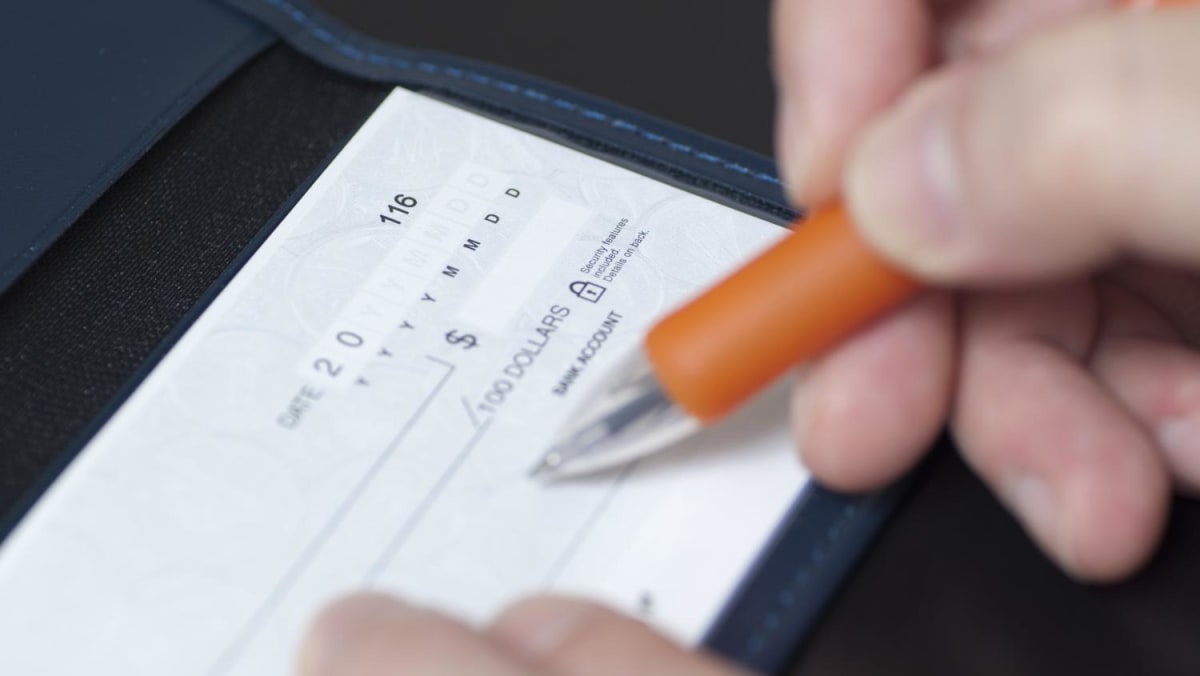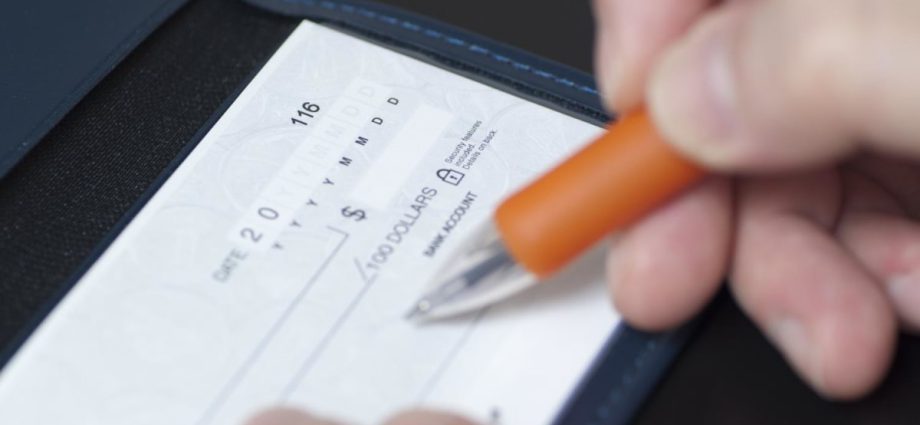
SINGAPORE: It was once the primary payment method for all types of bills and big-ticket purchases. But over the years, Mr Peter Tan has had few opportunities to use his chequebook.
“I’ve had my current chequebook for the past 15 years or so, but I don’t think I am halfway through it,” said the 71-year-old.
The last time he wrote a paper cheque was last year when he paid for his wife’s insurance premiums.
“Even for that, our agent told us there are other ways to pay now,” he said with a laugh.
With greater adoption of e-payments by corporates and individuals, the use of cheques in Singapore has been on the decline.
Annual cheque transaction volume fell by almost 70 per cent from 61 million in 2016 to 19 million in 2022.
The Monetary Authority of Singapore (MAS) has announced plans to do away with cheques, starting with corporate cheques by end-2025.
Individuals will still be able to use cheques “for a period” after 2025. This will be determined after the MAS conducts another public consultation exercise next year.
As falling usage pushes up the costs of handling cheques, seven banks – DBS, UOB, OCBC, Citibank, HSBC, Maybank and Standard Chartered – will start charging customers for issuing Singapore dollar-denominated cheques by Nov 1.
Other banks will do so by July next year.
There will also be separate charges for depositors of Singapore dollar-denominated cheques. This will be implemented in phases.
The upcoming changes do not seem to be a problem for those who CNA spoke to. Among 16 people, only two, including Mr Tan, had dealt with a cheque over the last year.
A 68-year-old who only wished to be known as Mr Chan wrote a cheque last year when he needed to pay commission fees to his property agent.
“I still have a lot of cheques left in my chequebook, so why not,” he said.
Several mentioned that they have not written or received a cheque for multiple years, with one telling CNA that he is “not sure where my chequebook is”. At least five people in their 20s and 30s said they have never written a cheque and they have no intention of ever applying for a chequebook.
Reasons for these include the myriad of digital payment methods which offer speed, convenience and easy reference.
There are other benefits like not having to pay for a new chequebook and doing away with the worry about cheques being lost in transit.
“With digital payments, cheques are a hassle now,” said Ms Florence Lee. “And if a cheque gets passed from one person to another, there’s also the concern about having your personal information passed around.”
But Mr Tan, who uses GIRO and bank transfers to pay most of his bills these days, said with the rise in scams of late, cheques still “offer some sense of security”.
“I am a little scared with so much news about scams … but I think seniors like us will just have to learn iBanking and PayNow, and keep up,” he said.

